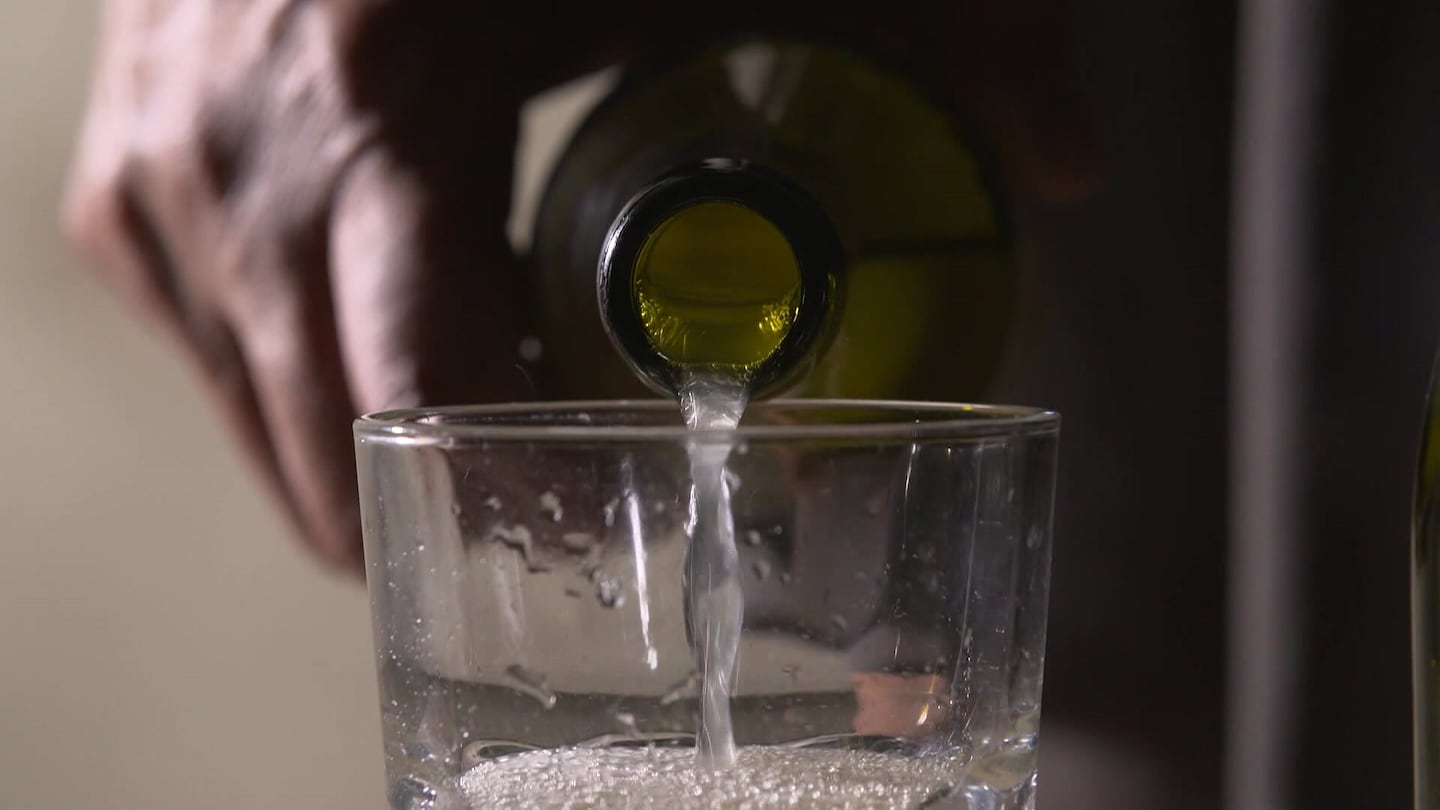This article first appeared on Stuff.
Māori women had a 35% greater risk of their suicide involving acute alcohol use and Pasifika women a 75% greater risk than European females, a study has found.
The authors of a new University of Otago, Christchurch, study are calling for more targeted public health interventions for specific demographic groups – especially Māori and Pacific females - to help address Aotearoa’s alarming rates of alcohol-related suicide.
Suicide is a significant public health issue in New Zealand, with 557 suspected suicide deaths reported in 2022.
The study is the first to use New Zealand coronial data to investigate sex-specific characteristics and factors of alcohol-related suicides, and the factors associated with alcohol being officially coded as a contributor to these deaths.
It analysed 4568 suicide deaths linked to acute alcohol use in New Zealanders aged 15 or over between 2007 and 2020. Most cases, 3447, were male; 1211 were female.
Co-author Jaimie Dikstaal said the study found Māori females had a 35% greater risk of their suicide involving acute alcohol use and Pacific females had a 75% greater risk compared to European females.
“Previous New Zealand research findings suggested Māori and Pacific peoples had an increased risk of suicide involving acute alcohol use, but surprisingly, our results show these ethnic inequities only evident in females, with no such relationship observed in males,” she said.
The authors hypothesise the higher risk for Māori and Pacific females could be due to several factors.
“Females of Māori and Pacific ethnicity may be disproportionately impacted by historic and current risk factors including racism, socio-economic disadvantage, trauma, discrimination and cultural disconnection,” Dr Dikstaal said.
“We really now need to examine this association in greater detail and evaluate whether population-level universal alcohol interventions are effective for all.”
The study’s authors are calling for population-level interventions to occur alongside targeted interventions designed by, and for, Māori and Pacific women.
“This would be a valuable component of the Draft Suicide Prevention Action Plan, which is currently undergoing consultation by the Ministry of Health,” Dikstaal said.
The study also investigated the factors associated with whether alcohol was coded as a contributor to death.
It found the two most significant variables were blood alcohol concentration (BAC) category and method of death, with BAC cases over 200mg/100ml of alcohol three times more likely to have alcohol coded as contributory.
It also found those who died by hanging or firearms were less likely to have alcohol coded as contributory compared to those who died by poisoning, despite alcohol use being associated with more lethal means of suicide.
The authors say that currently, assessment of alcohol involvement in suicide deaths relies on a case-by-case review of toxicology data, which is unfeasible for both the routine reporting and ongoing evaluation of the impact of alcohol policy on suicide rates.
“Coronial and mortality data is an important source of knowledge to inform health policy; therefore, both suicide prevention and alcohol-related policy in New Zealand would benefit from a consistent protocol for coding and reporting the presence of acute alcohol use within suicides,” Dikstaal said.
- Stuff


